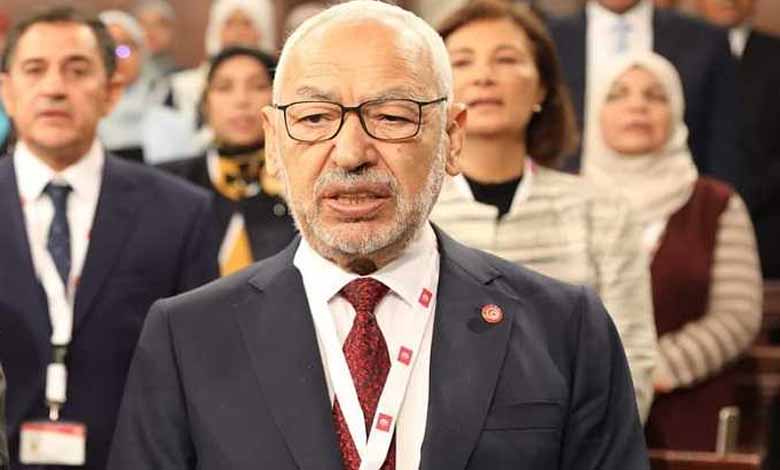Tunisia ends the rule of the Muslim Brotherhood… and the Opposition continues attempts to disrupt

Turnout in the second round of Tunisia’s parliamentary elections was 11.3 percent, with 887,638 people casting their ballots, out of a total of 7.8 million registered voters, according to preliminary results, the head of the commission, Farouk Bouaskar, told a press conference.
Preliminary results from the second round of elections will be announced on Wednesday, February 1st. Final results will be announced after appeals end no later than March 4th.
It is difficult to predict the contours of the next parliament and the balance map, but it is likely to be dominated by independent figures supporting President Kais Saied’s project.
The participation rate was 11.22% in the first round, which took place on December 17th.
The new parliament, whose representatives will be announced in the coming days, will replace the one that President Kais Saied froze on July 25, 2021. It was headed by Ennahdha leader Rached Ghannouchi.
After this round of parliamentary elections is completed and the results are announced, Tunisia is supposed to enter a phase of political stability. The new parliament will begin its work and will endeavor to complete all the tasks entrusted to it as soon as possible.
Immediately after the results of the turnout were announced, opposition parties, led by the Brotherhood branch in Tunisia (Ennahdha Movement), received the news demanding “the resignation of President Kais Saied, to make way for the people who had pronounced him to hold early presidential elections as an entry to resolve the current crisis, and as a last chance before the bankruptcy and collapse that led the country to it”.
Ennahdha, which has been organizing demonstrations to denounce Saied’s decisions since they were approved by the judiciary and many of its activists, called on “all political and civil forces to accelerate their unification of national efforts and to agree on the basis of an initiative to end the tampering phase of the state in response to the message of the great people in the broad boycott of elections, and to seriously contribute to saving what remains of the state, to ending the people’s suffering and saving the economy from collapse and the social conditions from explosion,” according to a statement.
The opposition, which called for the president to resign after a large abstention during the first round of elections, remains divided into three blocs of different leanings; The National Salvation Front, led by Ennahdha, the Free Constitutional Party, led by Abir Moussi, which advocates Ben Ali’s regime choices, and leftist parties.
For his part, Ahmed Najib Chebbi, the president of Al-Khalas Al-Watani, called for “the departure of Kais Said and the organization of early presidential elections, which would be the first step on a full reform path.” He noted that the Front “is skeptical about the participation rate in the elections that were announced by the Authority,” confirming that “about 90% of the people boycotted this path.”
The head of the National Salvation Front, which is led by the Ennahdha Muslim Brotherhood, warned that “Tunisia is going through an ordeal and we are on the threshold of bankruptcy, but Kais Saied’s power is only interested in tightening its grip on power.”
Meanwhile, many Tunisians believe that the low turnout of 11% is itself a success for the Tunisian revolution, after the elections’ proportions were fraudulent and rigged.
The elections are supposed to pave the way for “the actual launch of the new republic, which was established by the July 25 Corrective Principles,” in which “it will be a real end to the decade in which Ennahdha ruled the country and witnessed historical rates of corruption,” according to observers.
The measures, described as “necessary” by Saeed, came after a series of popular protests against Ennahdha’s rule since 2011, with accusations of putting the Brotherhood’s organization above Tunisia’s interests, as well as political and financial corruption and spreading terrorism.
In parallel, the country is facing an economic crisis and has not been able to obtain a $2 billion loan from the International Monetary Fund in return for its commitment to carry out economic reforms based on a review of the subsidy policy and the privatization of some government companies.
The Tunisian market is experiencing a severe shortage of many basic foodstuffs such as milk, coffee and sugar, which has burdened citizens.












